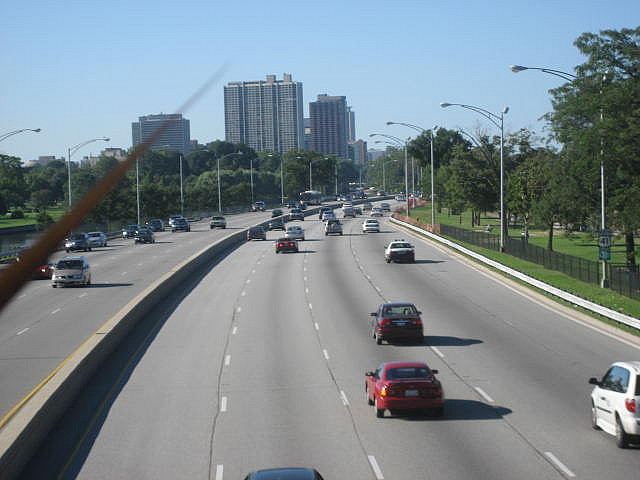One person died and several others were injured after a tent collapsed at a suburban Chicago festival during Sunday’s severe weather.
Two tent collapses in two days have left three people dead.
NBC 5 went to an expert to find answers on how the large tents are assembled, who makes sure they're set up properly, and the common thing you're told not to do when you find yourself in the middle of a storm.
The 911 calls released from Wood Dale's Prairie Fest Sunday captured the frightening moments after a tent collapsed on crowds of people seeking shelter from the rain and hail. More than a dozen were hurt in the accident, and 35-year-old father of two Steve Nincic was killed by the structure’s falling metal support pole.
The very next day, a circus tent caved beneath 60 mph winds in New Hampshire, sending 32 people to area hospitals and killing a father and daughter.
“This family is being disrupted forever,” New Hampshire State Fire Marshal Bill Degnan said at the time.
The tragedies call into question the safety measures of popular tents seen at outdoor festivals around the country.
David Spata, president of Big Tent Events in Carol Stream, says he also plays part-time meteorologist in his role at the rental company.
Local
“There's a lot of expertise and training that goes into play,” Spata told NBC Chicago.
Spata says staking a tent while preparing for bad weather takes science.
The typical 30-inch stake that holds up a tent of the size used on festival grounds should be hammered all the way in firm soil for maximum holding power, according to Spata. But even with multiple stakes, Spata says the large tents aren't meant to withstand 60 mph winds.
“As I lean on that, you can see that stake is already giving way,” Spata showed while pressing against the stake giving way to his weight. “I think in many situations people would think, ‘It's hailing, it's raining, the storms are getting strong, let’s go under the tent,’ but that's actually one of the worst things to do.”
Despite festival-goers instinctive reaction to find any place nearby to keep dry, Spata says, the best place to huddle is away from a tent and under a sturdy structure.
Spata said his company also makes sure his clients have an evacuation plan.
Investigators announced they are looking into what kind of warning – if any at all – was given at both accidents in Wood Dale and New Hampshire.
So who makes sure the festival tents are safe?
Spata says typically the local fire marshal will inspect his employees' work for city-related events.
In New Hampshire, authorities say the circus organizer did not notify or request an inspection by local officials.
NBC 5 asked who conducted inspections in Wood Dale, but we were directed to the city's attorney and have not yet heard back.



